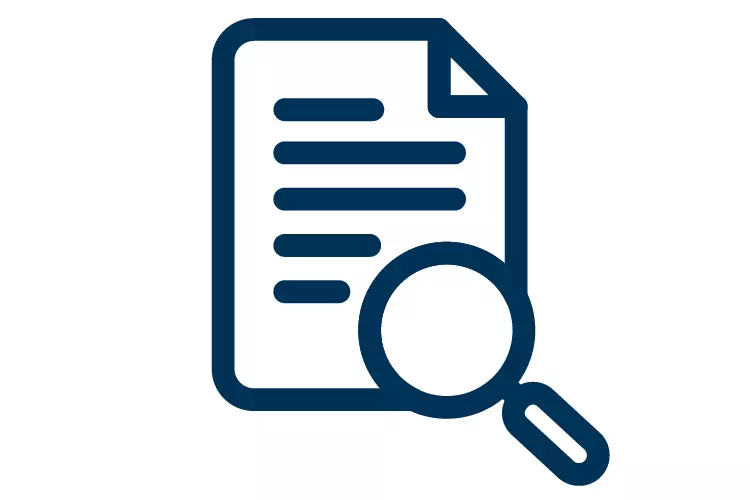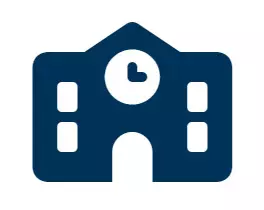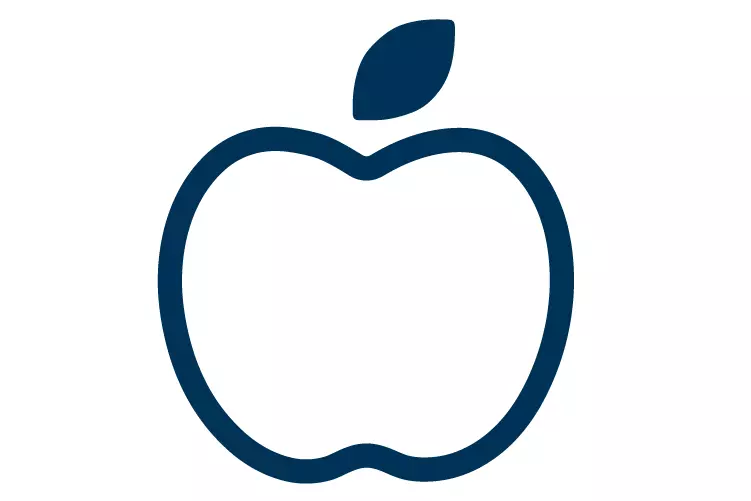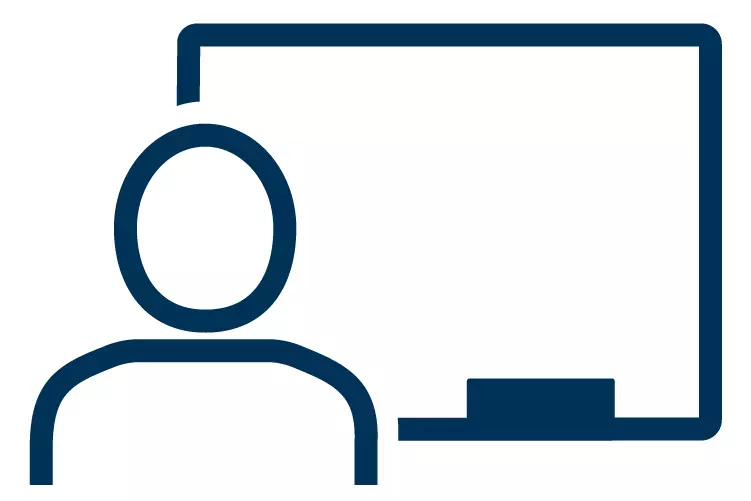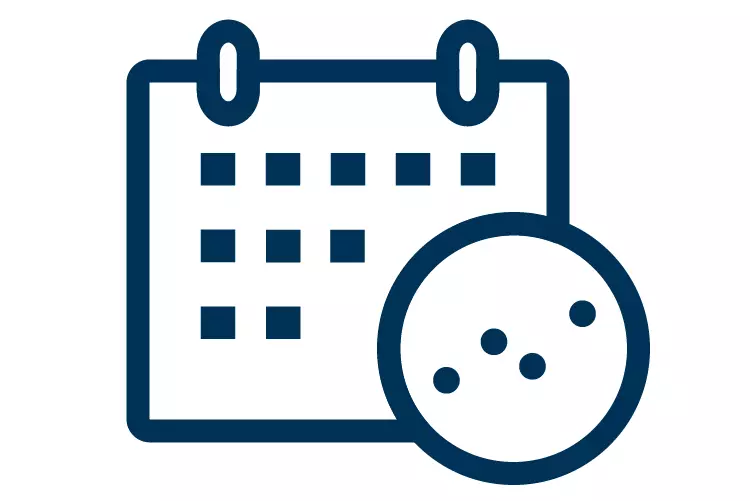In This Issue
- December Monthly Message from the FDIC
- Success Story: A Recap of Key Tips Shared Throughout 2021
- Join the Money Smart Alliance
- Identity Theft and Protection Awareness Month
- Latest FDIC Consumer News Edition
- Encouraging People to File a Tax Return In 2022
December Monthly Message from the FDIC
December is a time for reflection. In this edition, we highlight a few of the tips from financial educators that we shared throughout the year. From youth financial education to virtual trainings, we appreciate the work that you do in your communities using Money Smart. We look forward to hearing more of your great accomplishments and success stories in the New Year!
December is also Identity Theft and Protection Awareness month. In this edition, we share a few resources that can help you teach these topics.
We are eager to hear from you about promising approaches or successful strategies involving Money Smart. Please email us at moneysmartnews@fdic.gov to share your story or tips about Money Smart. Also, join us on social media using the #MoneySmart and show us any of the Money Smart products in action!
Success Story: A Recap of Key Tips Shared Throughout 2021
Our December Success Story features a recap of key tips for financial educators that were shared in previous Money Smart News editions throughout the year.
Join the Money Smart Alliance
The FDIC recognizes organizations that contribute to the delivery of the Money Smart curriculum through the Money Smart Alliance Program. By joining the Alliance, you can benefit from Money Smart updates and other information that can strengthen your financial education efforts. Membership also includes quarterly information-sharing calls just for Alliance members. For more information on the Money Smart Alliance, visit our website here.
Identity Theft and Protection Awareness Month
December is Identity Theft and Protection Awareness month. FDIC has resources to help you teach strategies to stay safe from cyber harm. For example:
- Our animated game from How Many Smart Are You? Disasters—Financial Preparation and Recovery, is a fun way to learn about this topic. In addition to playing the game, you can also use related resources, such as:
- Avoid Scams Following a Disaster
- Get Help Recovering Financially After a Disaster
- Prepare Financially for Disasters
- Review My Insurance Coverage
- Our October edition of the FDIC Consumer News offers tips on how to maintain your cybersecurity.
- Money Smart for Adults module 11 provides materials to teach about ways to recognize, respond to, and reduce the risks of identity theft, along with strategies for protecting other assets.
- Our Money Smart for Young People offers information in both our middle and high school curriculums that explains identity theft and how to protect your personal information.
Latest FDIC Consumer News Edition
The November 2021 edition of the FDIC Consumer News focused on credit cards.
Encouraging People to File a Tax Return In 2022
Consider sharing the following content from the CFPB with your stakeholders, such as in a newsletter, email, or other communication.
If you do not normally file a tax return and are not required to file because your income is below the tax filing threshold, 2022 may be the year you want to make sure to file because there are several tax credits for which you may be eligible.
- First, if you did not already receive it, you may be able to receive a stimulus payment that was issued to tax filers in 2021.
- Second, if you have children, you may be eligible for an expanded child tax credit.
- Third, if you pay for childcare so that you can work, you may be eligible for the child and dependent care credit. Finally, if you have a low income, you may also be eligible for the earned income tax credit. See the IRS EITC page (irs.gov) for conditions of eligibility.
All of these credits combined could provide you with a substantial tax refund that could help you pay your bills, pay down debt and even save for the future.
And for those that don’t yet have a bank account, learn more about the benefits of having a bank account at FDIC’s Get Banked site and find one that works for you before you file your return. Remember that the IRS says the quickest way to get your tax refund is to e-file and use direct deposit into your account.
Learn whether you need to take additional steps to receive your credit (consumerfinance.gov)
Read the guide to economic impact payments (consumerfinance.gov)
View the IRS page on Credits and deductions (irs.gov)


